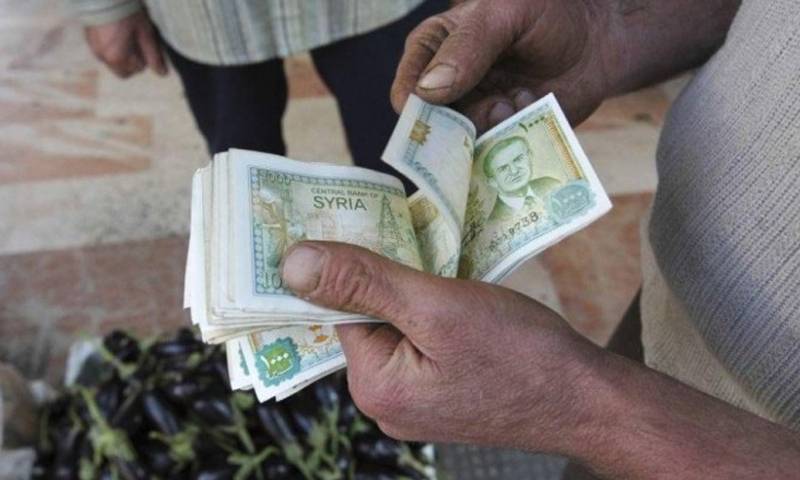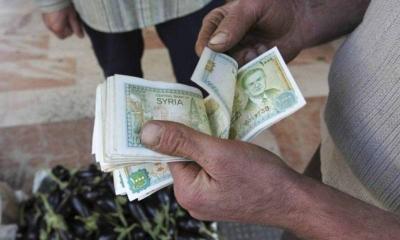Syria, on Wednesday, raised fuel prices and other petroleum products again, as the government gradually cuts subsidies to support public finances in an economy struggling under the weight of a civil war that has lasted more than a decade. The price increases took effect after midnight and coincided with the government's announcement of a 100 percent increase in the salaries and pensions of public sector employees to help residents cope with rising living costs and the impact of reduced subsidies.
The government is significantly increasing public sector salaries, but they lag far behind soaring inflation, which continues to rise alongside a record decline in the value of the local currency. Over the past two years, officials have stated that the gradual elimination of large-scale subsidies for bread and gasoline, replaced by a rationing system dispensed through smart cards, will improve a supply chain suffering from corruption and waste, and alleviate chronic issues.
They also mentioned that the rationing distribution system delivers services efficiently to those in genuine need and will assist the poorest citizens in a country where salaries and subsidies constitute the bulk of government spending. Economists say the authorities, increasingly unable to maintain high subsidies, are now facing growing obstacles due to deteriorating living conditions. Last month, there were several small protests over declining incomes in coastal areas that are strongholds of President Bashar al-Assad’s supporters.




